Masters applications for 2023 entry are now closed.
Applications for September 2024 will open on Monday 25 September. Applications are now open for programmes with a January 2024 start. View our programmes »
| UCAS code |
1234 |
| Duration |
1 year full time
2 years part time |
| Entry year |
September 2025 |
| Campus |
Streatham Campus
|
| Discipline |
Creative Industries
|
| Contact |
|
Overview
- This pioneering MA takes an interdisciplinary and collaborative approach to creative production
- Apply what you learn through competitive annual internship opportunities with our partner organisations, such as creative agency BBD Perfect Storm
- Access to industry specialist guest tutors, professional placements, and expert lecturers
- Immerse yourself in creative practices such as storytelling, filmmaking, improvisation, gaming, branding, art installation and creative writing plus to curate events in the city and region
- Hear from industry experts such as Rob Alderson (Director of Community and Engagement at Vimeo), Ben James (Curator at Berlin Film Festival and Founder of Jotta creative agency), James Woollam (MD at David & Charles Publishing, Exeter), Sophie Rochester (CEO at Yodomo, London), Shuvashish Roy (Head of Business at the Daily Star)
Develop transferable skills, specialist knowledge and professional experience through interdisciplinary teaching
Focus on professional practice and the cultural management aspects of Creative Industries and Humanities
Industry placement options
Opportunities for study in the field
Develop transferable skills, specialist knowledge and professional experience through interdisciplinary teaching
Focus on professional practice and the cultural management aspects of Creative Industries and Humanities
Industry placement options
Opportunities for study in the field
Entry requirements
We will consider applicants with a 2:2 Honours degree with 53% or above, or international equivalent, in a subject that includes some coverage of Film Studies, Drama, Business Studies, Media and Communication or other creative disciplines.
Entry requirements for international students
English language requirements
International students need to show they have the required level of English language to study this course. The required test scores for this course fall under Profile B2. Please visit our English language requirements page to view the required test scores and equivalencies from your country.
MA Creative Industries is a course that lets you learn from doing activities. The nature of engaging students with real-life challenges and coming up with innovative solutions through creative processes makes students market-ready in the creative world.
Moreover, the university has excellent facilities like an Innovation Centre for students, one-to-one mentoring sessions and in-course placement opportunities. You face real-life business challenges with expected creative solutions as part of the assessments.
Studying at the University of Exeter is a journey of innovation, engagement, and impact, which will be the base of career development for the rest of your life.
Read more from Shuvashish
Shuvashish
MA Creative Industries
Course content
Curriculum highlights
- Workshops and intensives with industry experts.
- Course membership of the Creative Industries Federation, the national organisation for all the UK's creative industries, cultural education and arts.
- Work with organisations such as MAKETANK (a creative studio space in the heart of Exeter), The Literary Platform (a digital publishing agency), and The Literary Platform, a digital publishing agency.
- Cultural field trips to creative industries hubs.
- Strengthen business strategy and entrepreneurial insights through optional Business School modules.
- Work with senior industry mentors on your dissertation.
The programme is divided into units of study called modules which are assigned a number of 'credits'. The credit rating of a module is proportional to the total workload, with 1 credit being nominally equivalent to 10 hours of work.
The modules we outline here provide examples of what you can expect to learn on this degree course based on recent academic teaching. The precise modules available to you in future years may vary depending on staff availability and research interests, new topics of study, timetabling and student demand.
150 credits of compulsory modules, 30 credits of optional modules
Compulsory modules
| Code | Module |
Credits |
|---|
| DRAM145 |
Dissertation (Written or Project) | 60 |
| DRAM141 |
Ideas Generation and the Creative Process | 30 |
| DRAM142 |
Creative Management | 30 |
| DRAM143 |
Cultures of Creativity | 30 |
Optional modules
| Code | Module |
Credits |
|---|
| BEMM071 |
Leadership and Global Challenges | 15 |
| BEMM190 |
Digital Transformation | 15 |
| BEMM488 |
Entrepreneurship and Complete Sustainable Value Creation | 15 |
Fees
2025/26 entry
UK fees per year:
£16,300 full-time; £8,150 part-time
International fees per year:
£26,500 full-time; £13,250 part-time
Scholarships
The University of Exeter has many different scholarships available to support your education, including £5 million in scholarships for international students applying to study with us in the 2025/26 academic year, such as our Exeter Excellence Scholarships*.
For more information on scholarships and other financial support, please visit our scholarships and bursaries page.
*Terms and conditions apply. See online for details.
Teaching and research
You will be taught by expert staff who will support you in reaching your potential and challenge you to extend beyond it. Through a mixture of lectures, collaborative team assignments, case study analyses, professional practice, performance-based skills coaching, you will develop your communication skills and confidence to take ideas from ideation through to fruition.
First term
During the first term you will discover how ideas are created, where they originate from and how best to inspire them. From blue-sky thinking and conceptual development to understanding best practice for business incubators and managed workspaces, you’ll learn how successful businesses have turned abstract ideas into tangible products and services. You will acquire skills such as business planning, creative project management, pitching, presenting and value chain modelling. You’ll also develop the ability to apply theory to practice to better understand and communicate ideas in compelling ways.
Second term
In your second term you’ll take the core Creative Management module and two option modules from the Business School. You’ll explore the characteristics and attributes that make for a thriving creative business, such as adaptability, mental agility, cultural competence, empathy and unwavering curiosity. During the Creative Management module, you will be supported by the placements team to undertake an internship or some form of professional practice that links to your assessment. The MA Creativity is able to offer financial support for expenses incurred during internships (within an agreed budgetary framework).
Dissertation
In term three you have the option of undertaking a written dissertation (15,000 words) or a project dissertation, which allows you to produce practice-based work accompanied by a 5,000 word critical context. You will be assigned an industry mentor who will nurture you as you develop your ideas and an academic supervisor who will help you bring those ideas to fruition. Both dissertation pathways offer you flexibility to focus on an area you are passionate about for example: business planning/modelling, creative project development, intellectual property or a growing area of business such as app development or augmented reality.
Skills
This course will enhance your interpersonal skills to develop in areas most useful for entrepreneurial pursuits and/or attractive to potential employers. With the guidance of expert staff and industry mentors you will learn the art of persuasion, influencing, decision-making, problem solving, to find the best course of action, in challenging situations.
Beyond the curriculum
- Rich opportunities for accessing business support, one-to-one guidance, workshops such as the university’s Innovation Centre (the Deck).
- Access to a range of focused networking opportunities and events.
- One-to-one support on your writing from Royal Literary Fund Writing Fellows, who are professional writers who offer individual appointments where students can discuss all aspects of their writing, such as structuring an argument, making the essay clearer and improving style.
Read more
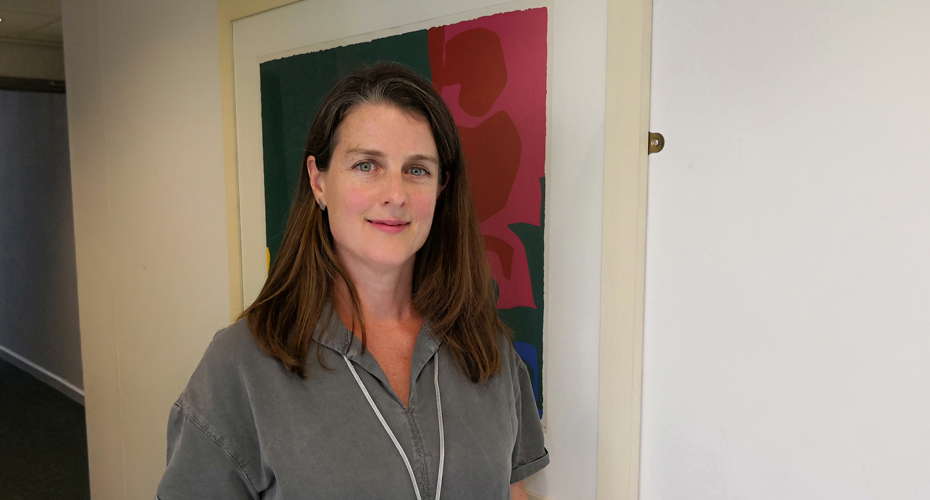
Anna Kiernan
Co-director
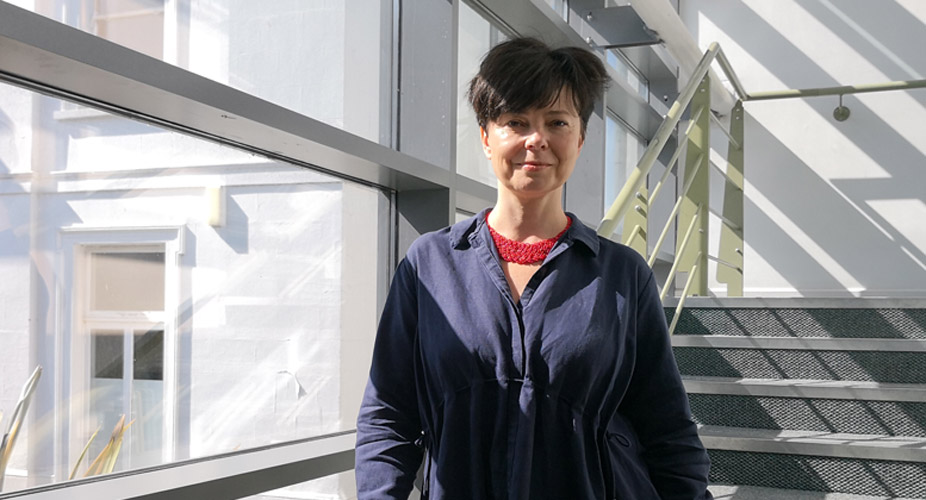
Olya Petrakova Brown
Drama lecturer
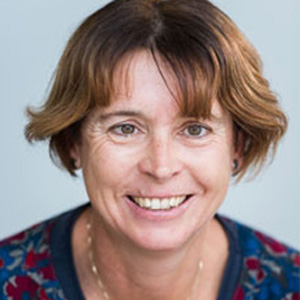
Professor Lisa Harris
Associate Professor, Director of Digital Learning
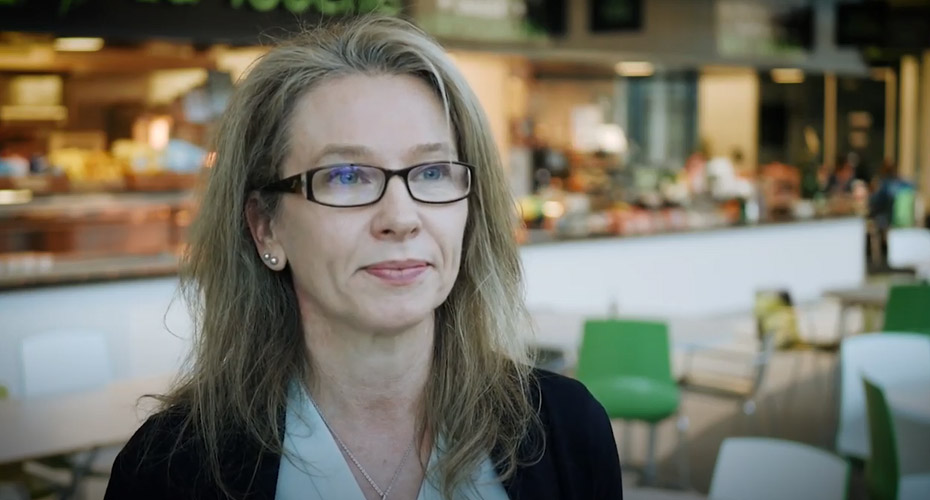
Professor Ruth Sealy
Associate Professor of Organisation Studies, Director of Impact
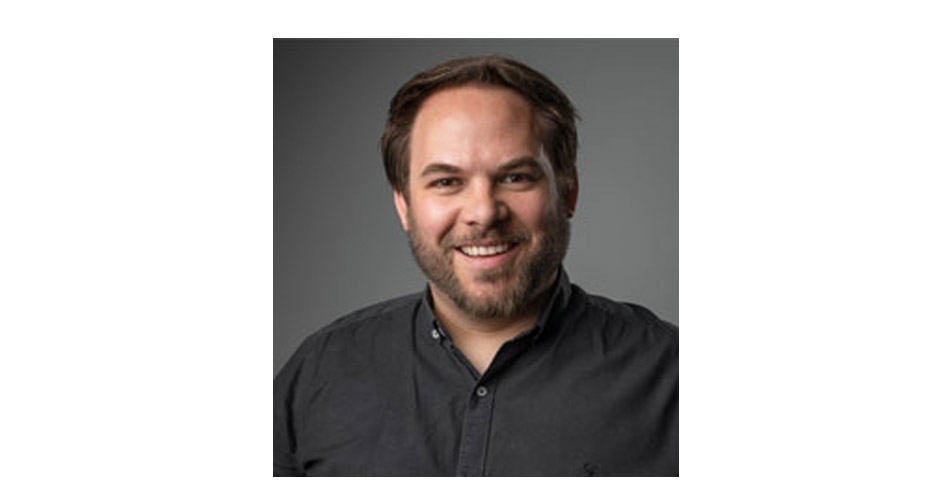
Raphael Dennett
Senior Lecturer in Entrepreneurship

Professor Erno Tornikoski
Professor of Entrepreneurship
Anna Kiernan
Co-director
Anna is a creative strategist, writer and publisher with over twenty years’ experience of working in the creative and cultural industries. Previously, Anna was the creative and editorial director at Stranger Collective, a creative content studio, a national advisor for Arts Council Wales and a Trustee for the Cornwall Film Festival. Anna delivers training and consultancy for clients including Lush cosmetics, The Guardian, Arsenal FC, the NSPCC, The National Trust and the Department for Transport.
Profile page
Olya Petrakova Brown
Drama lecturer
Olya specialises in transforming disused urban and rural spaces into animated pop-up venues. She is passionate about cross-disciplinary working and community engagement and has a track record in producing, curating, and organising festivals and conferences. Olya is co-Artistic Director of ARTEL (American Russian Theatre Ensemble Laboratory), a visual theatre company, and founder/Co-Artistic Director of Maketank, a creative hub for contemporary performance making in Exeter.
Professor Lisa Harris
Associate Professor, Director of Digital Learning
Lisa joined the University of Exeter in October 2017 as Director of Digital Learning. She is also an Education Incubator Fellow. Lisa has led the development and implementation of innovative degree programmes in three UK Universities, utilising cross-faculty expertise supported by industry projects and online learning pedagogies.
Profile page
Professor Ruth Sealy
Associate Professor of Organisation Studies, Director of Impact
Ruth’s research areas include women in leadership; board composition; role models; and various aspects of corporate governance. Ruth was the lead researcher of the annual Female FTSE Report, monitoring women on listed boards and executive committees, from 2007-2016, including co-creating the “100 Women to Watch” list at Cranfield in 2009. She has co-authored similar reports in Hong Kong and India and presented report findings to academic and practitioner audiences, globally.
Profile page
Raphael Dennett
Senior Lecturer in Entrepreneurship
Raphael has experienced almost every aspect of entrepreneurship and enterprise during his years of starting and growing businesses across the globe. He held the position of Entrepreneur in Residence at Plymouth University for six years and in this role, mentored and helped develop and grow hundreds of start-ups in almost every sector imaginable. Raphael has also held executive positions in a number of global businesses which has given him a strong interest in developing economies and entrepreneurial international development.
Profile page
Professor Erno Tornikoski
Professor of Entrepreneurship
Erno’s research interests involve the application of psychological and sociological theories, and both qualitative and quantitative methods to entrepreneurship to investigate how enterprising individuals transform entrepreneurial ideas into value creating new activities. Erno has a particular interest in gestation activities, decision-making logics, the construct of control, and qualitative process studies. In addition, he is exploring new research ideas connecting entrepreneurship and the following topics: sustainable value creation, community-based resilience, and frugal innovations.
Profile page
Careers
The MA Creative Industries has been designed to prepare you for a range of careers within the creative industry and enable you to pursue entrepreneurial ventures of your own. Not only will you graduate with a diverse mix of skills that are appealing to many employers in the industry, but you will also have built a network of key contacts throughout your studies that may lead to employment post-study. Whether your goal is to create an innovative start-up company, design a ground-breaking application or reach management level in a large corporation, the University of Exeter can help you make this a reality.
Creative sectors
This programme can lead to a career in a number of different creative sectors including; film, television, radio, entertainment and events, advertising, media and design, visual and performing arts, social media, publishing and fashion.
I couldn’t recommend the course more. I have been able to apply the modules in my degree to real-world working environments, and vice versa.
For example, part of the module I recently completed involved writing a business plan for implementation by the company that I work for, which was commended for being “market ready”.
The course has also provided us with so many great networking opportunities, and as a result I have been working freelance since December, designing and executing multi-channel exhibition and event marketing campaigns. The course itself has opened my eyes in so many ways to how integral creativity is to business, and business acumen to the success of creative practice.
Read more from Amy
Amy
MA Creative Industries

















